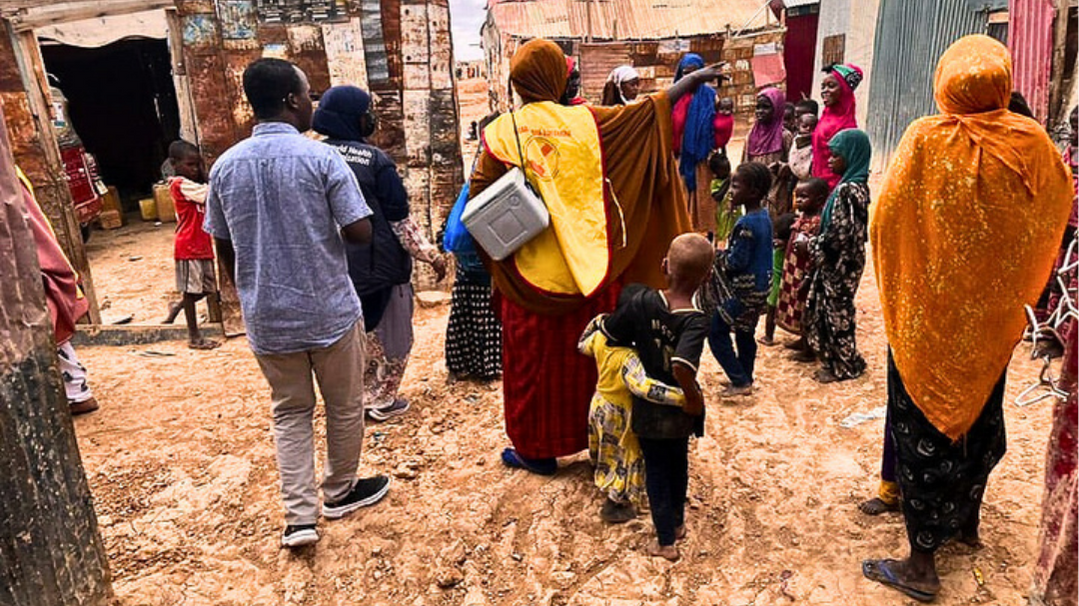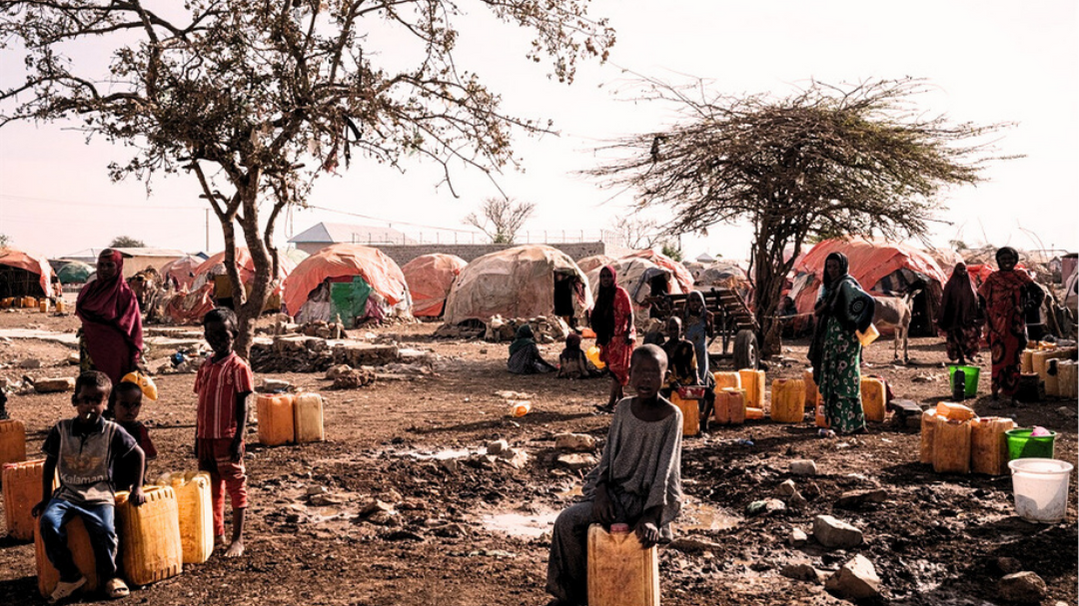Baseline Survey Unveils Path to Holistic Development in Central Somalia
In the heart of Central Somalia, a groundbreaking initiative was set to pave the way for comprehensive and transformative development. The Institute of Development and Training Consultants (IDTC) undertook a baseline survey for an integrated project encompassing Health, Hygiene, Water, Sanitation, and Vocational Skills Training. This ambitious project marked a significant milestone in IDTC's commitment to fostering holistic well-being and empowerment in communities that are often faced with multifaceted challenges.
Project Overview
The integrated project sought to address critical aspects of community life, recognizing the interconnectedness of health, hygiene, water, sanitation, and vocational skills. IDTC's approach was rooted in the understanding that sustainable development required a multifaceted strategy that uplifted the communities on various fronts.
Health and Hygiene
The baseline survey delved into the prevailing health landscape, identifying key health challenges and opportunities for improvement. IDTC aimed to understand the existing health infrastructure, access to healthcare services, and prevalent health practices within the communities of Central Somalia. Insights gathered from this component of the survey informed targeted interventions to enhance health outcomes.
Water and Sanitation
Access to clean water and sanitation facilities is a fundamental human right and a cornerstone of public health. IDTC's baseline survey meticulously assessed the state of water sources, sanitation facilities, and hygiene practices in Central Somalia. The goal was to identify areas of improvement, design infrastructure enhancements, and promote behavior change initiatives for better water and sanitation practices.
Vocational Skills Training
Recognizing the importance of economic empowerment, IDTC's project incorporated a vocational skills training component. The baseline survey evaluated the existing skill landscape, identifying gaps and opportunities for skill development. By understanding the aspirations and potential of the community members, IDTC aimed to design targeted vocational training programs that aligned with local needs and market demands.

